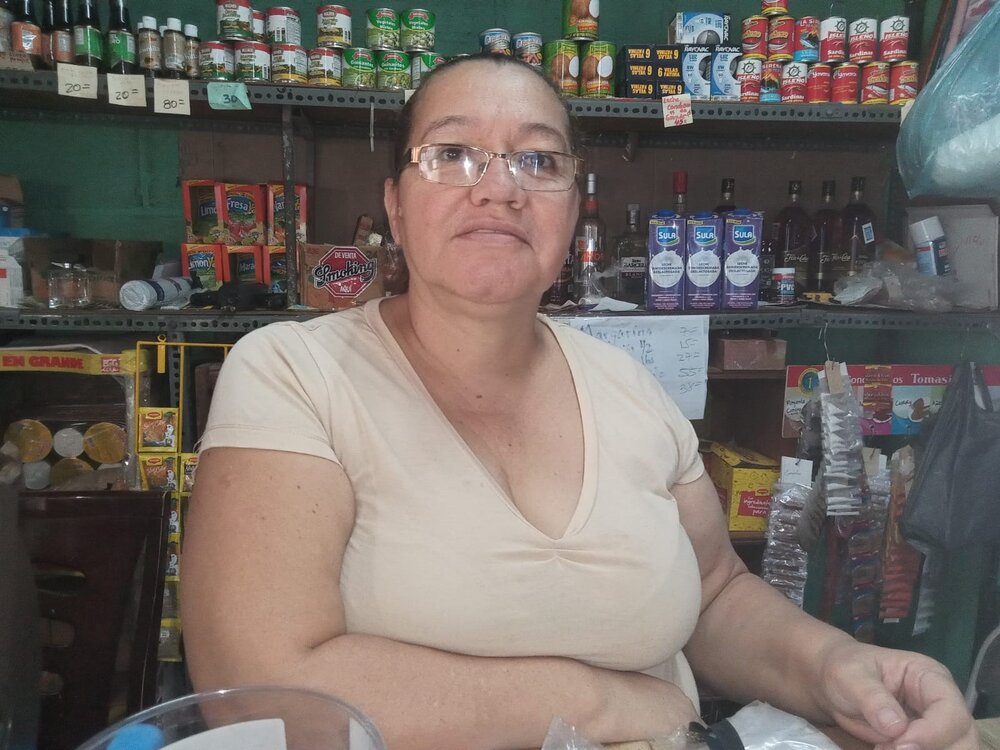"With this financing, I have been able to generate my family's livelihood," says Honduran microentrepreneur who is a CABEI beneficiary

Through the MSME Support Facility, the multilateral has been able to finance, through intermediary financial institutions, 173 Honduran businesses that have been able to face the economic crisis derived from the COVID-19 pandemic.
Tegucigalpa, June 28th, 2022.- Two years after the implementation of the Financial Sector Support Facility for financing MSMEs of the Central American Bank for Economic Integration (CABEI), 9,256 jobs have been protected in Honduras, of which 2,261 are women.
Among them, Rosa Argentina Brizzio Medina, owner of a grocery microenterprise in Colonia Nueva Suyapa in Tegucigalpa, who was one of the 173 Honduran MSMEs to have access to financing to face the economic crisis derived from the COVID-19 pandemic. Of these, 48 are led by women.
"This support from the Bank has helped me to expand and improve my business, now I have more variety and quantity; but also to ensure the livelihood for my home and my family, since my husband and I work in it," said Rosa Argentina to a mission of the multilateral headed by its executive vice president, Jaime Roberto Diaz in a recent tour of several businesses benefited, in conjunction with an allied financial institution.
CABEI's Executive President, Dr. Dante Mossi, commented, "We especially salute small and medium-sized enterprises, which contribute to the achievement of the Sustainable Development Goals and are the most important source of employment generation in our region. We are pleased with the results of the effective and timely support provided to the sector, addressing their capital needs and promoting a multiplier effect in the country's economic reactivation."
The Support Facility for micro, small and medium-sized enterprises (MSMEs) is part of the Emergency COVID-19 Support and Preparedness, and Economic Reactivation Program for the region, and in the case of Honduras, more than US$126.0 million has been channeled through seven allied intermediary institutions. The resources come from CABEI, the Government of Germany through KfW, the European Union, UN Women through Italian cooperation, DFC of the United States and ICDF of Taiwan.



